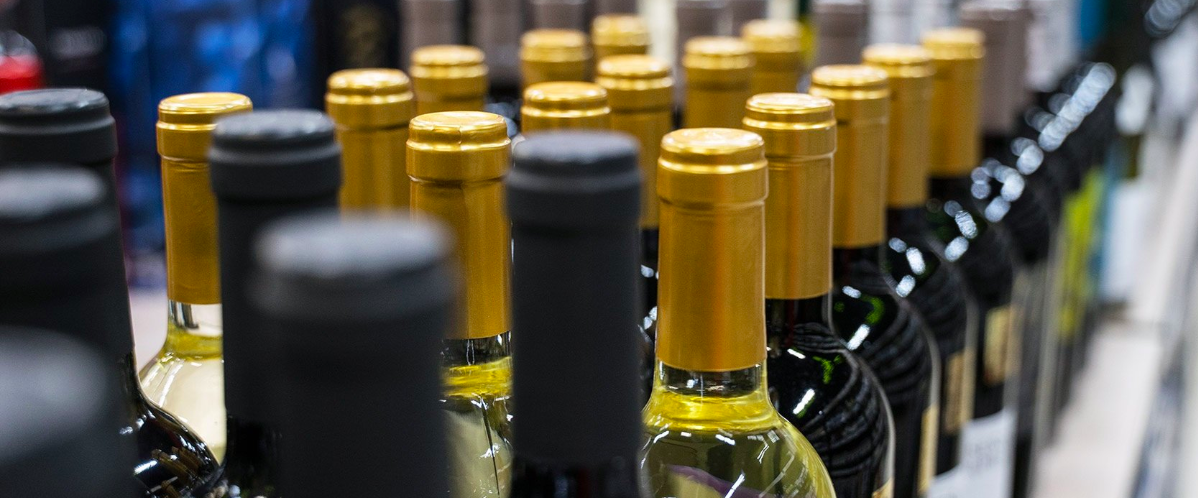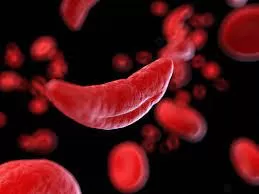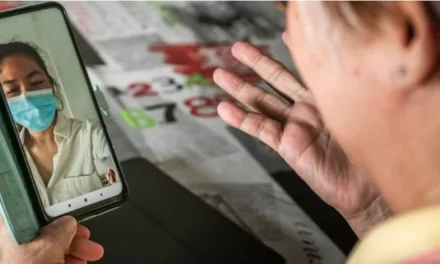Panaji, Goa – Chronic alcoholism cases in Goa have shown a troubling upward trend over the past five years, with the year 2023 witnessing the highest incidence. The state’s government-run facilities have reported a consistent increase in cases, prompting the establishment of special facilities and the deployment of NGO counsellors to address the escalating issue.
State Health Minister Vishwajit Rane revealed in the State Assembly on Thursday that the average number of chronic alcoholism cases at government de-addiction facilities has been between three to four daily over the past five years. This statistic underscores a growing concern about the prevalence of this condition in the region.
The Institute of Psychiatry and Human Behaviour (IPHB) in Bambolim, a key institution specializing in mental wellness, has recorded one to two cases of chronic alcoholism daily from 2019 until May 2024. This data reflects a significant increase in the demand for treatment services.
Regionally, the North district reported 1,673 chronic alcoholism cases during this period, while the South district recorded a notably higher 4,623 cases. The year 2023 was particularly alarming, with the North district documenting 522 cases and the South district 1,168 cases. Additionally, IPHB reported 523 cases in 2023 alone.
Chronic alcoholism, characterized by long-term and compulsive excessive alcohol consumption, poses serious health risks and challenges for affected individuals. In response to this growing issue, the Goa government has set up specialized facilities in both North and South districts. These facilities are designed to provide targeted support for individuals battling alcohol dependence.
To further enhance the state’s response, the government has partnered with the NGO ‘Sangath’, deploying counsellors to various centres to screen and refer addiction patients to de-addiction facilities. Minister Rane highlighted the comprehensive support structure available, including medical officers, special psychiatrists, psychiatric counsellors, staff nurses, and Multi-Purpose Health Workers stationed at primary and community health centres.
The facilities not only offer treatment referrals and admissions but also provide free medicines and investigative services to patients, ensuring a holistic approach to combating alcoholism.
As Goa continues to grapple with this issue, the government’s proactive measures aim to provide robust support for those affected by chronic alcoholism, reflecting a commitment to addressing a critical public health challenge.












